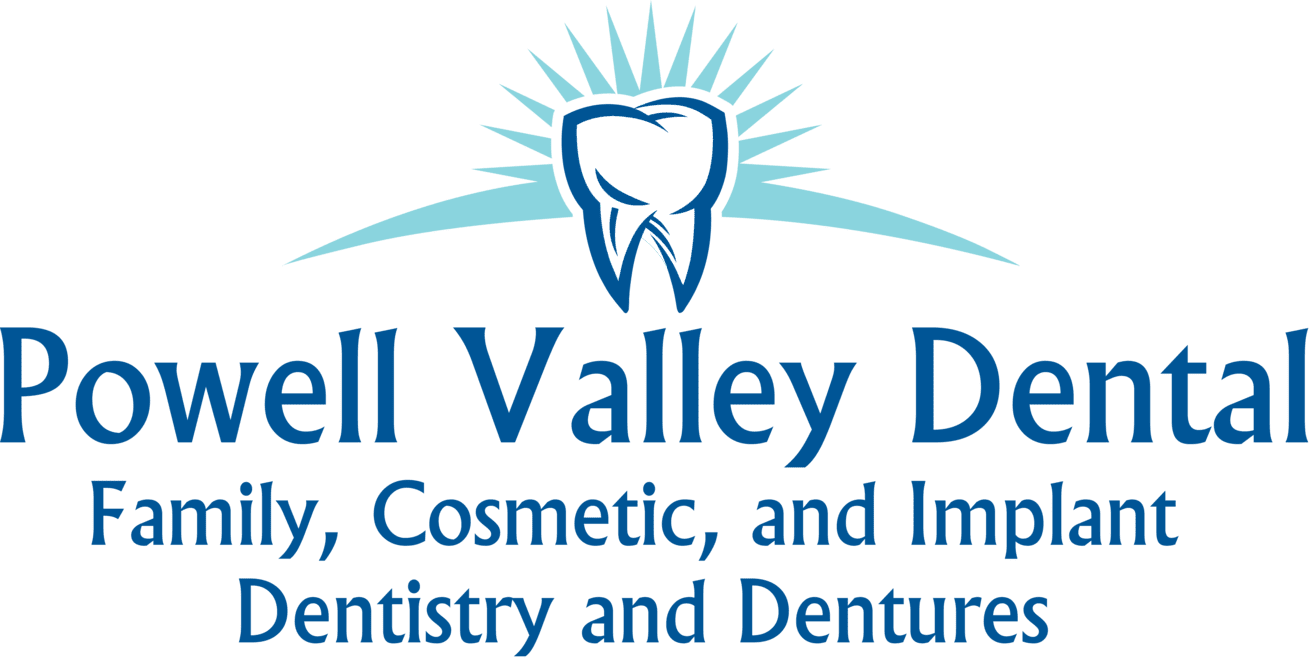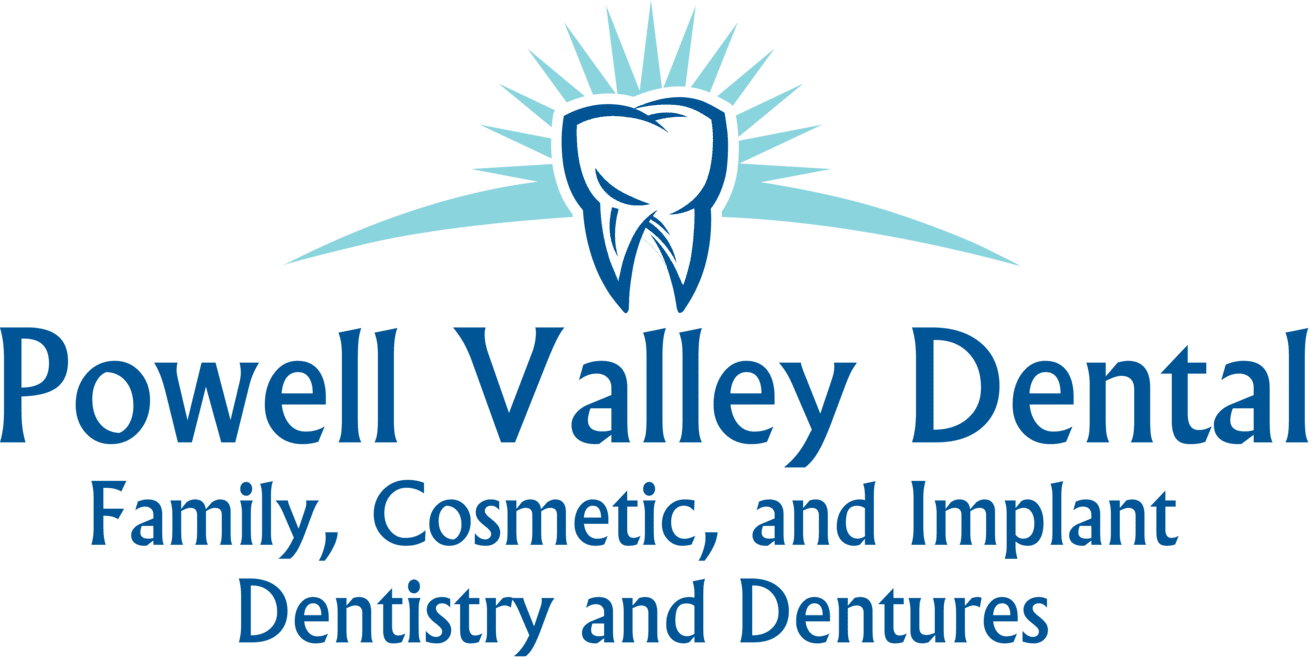Clenching, Grinding, and Jaw Pain
Understanding Bruxism and TMJ Disorders
Clenching and grinding your teeth known as bruxism is a common condition that can lead to jaw soreness, tooth damage, and long-term joint problems. Often occurring during sleep or stressful periods, bruxism places pressure on the temporomandibular joints (TMJs), which connect your jawbone to your skull. When these joints become misaligned or inflamed, it can develop into temporomandibular joint disorder (TMD). Common symptoms include jaw clicking, tightness, difficulty chewing, and ear or neck pain. At Powell Valley Dental, our
TMJ/TMD treatment begins with a thorough evaluation of your bite, muscle tension, and joint movement to diagnose the cause and prevent further wear, discomfort, or dysfunction.
Headache and Facial Pain Management
One of the most overlooked symptoms of bruxism and TMD is chronic headaches. Jaw tension often radiates into the temples, forehead, or behind the eyes, especially upon waking. This pressure can also contribute to tenderness across the face, jawline, and neck. Our headache management and facial pain care services aim to reduce muscular stress and restore alignment through custom-fitted night guards, bite therapy, and gentle lifestyle modifications. For those experiencing discomfort while speaking, chewing, or yawning, we tailor solutions that ease joint strain and help return daily function, so you can live, eat, and speak without discomfort.
Advanced Support for Nerve-Related Jaw Pain
In more advanced cases, bruxism or jaw misalignment may irritate surrounding nerves, leading to sharp or radiating pain described as tingling, burning, or electric-shock sensations. This nerve discomfort can affect the ears, temples, cheeks, or lower jaw. At Powell Valley Dental, our nerve pain treatment approach includes detailed diagnostics to identify pressure points and create a plan that may involve oral appliances, bite adjustments, or collaboration with neuromuscular specialists. Our goal is to relieve nerve compression, restore normal sensation, and protect your long-term oral and facial health through comprehensive care and personalized follow-up.


